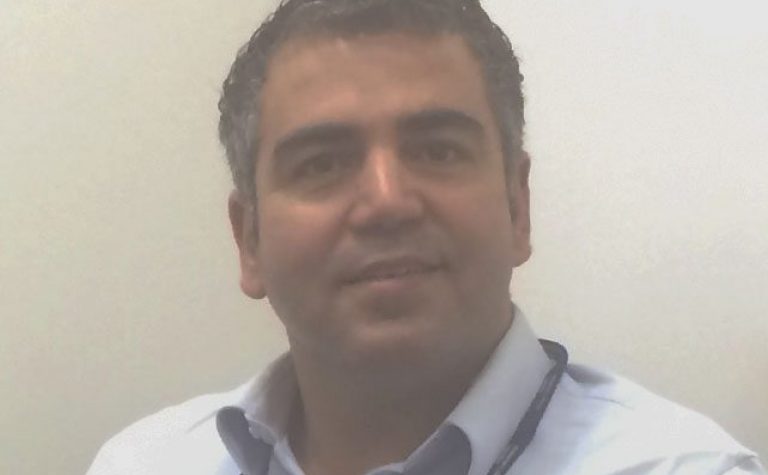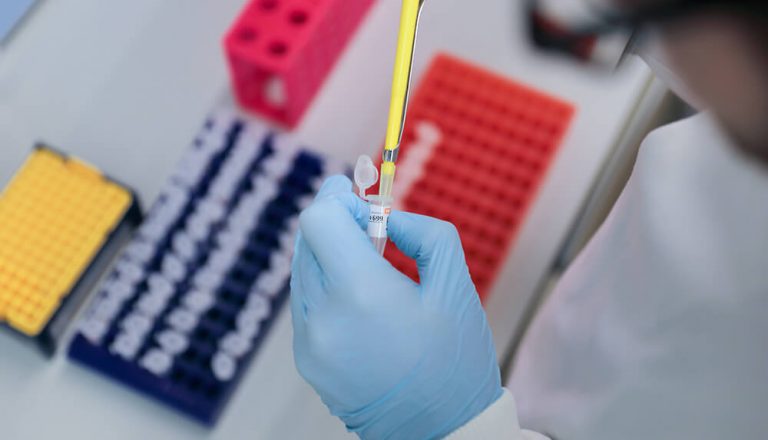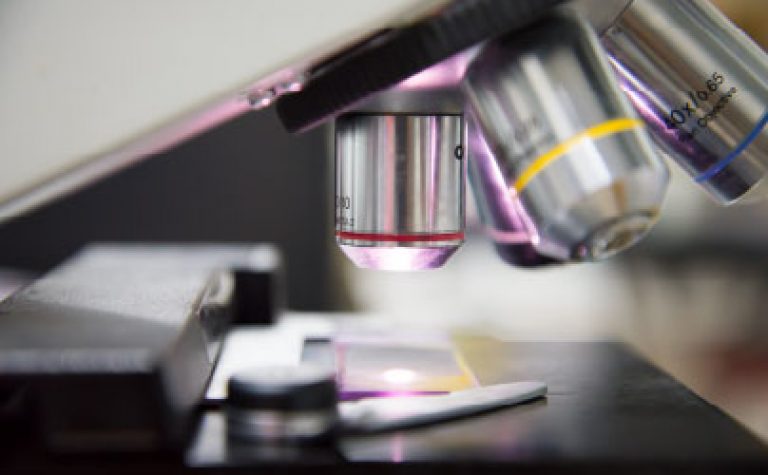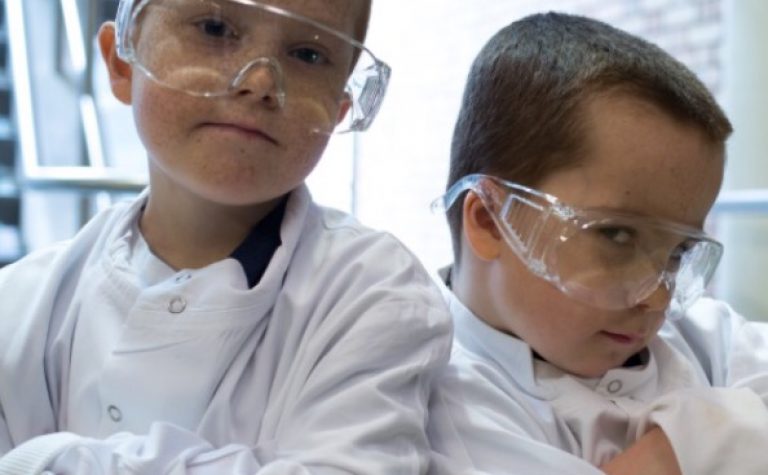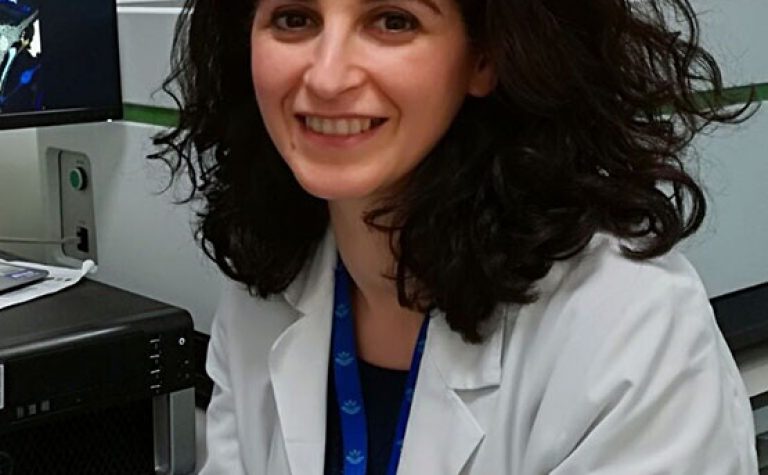Paediatric diffuse intrinsic pontine glioma (DIPG) is a highly aggressive tumour, found at the base of the brain. Despite developments in cancer treatments – both in terms of new drugs and delivery methods – it remains very hard to treat, and the outlook for children with this cancer is poor.
In particular, the way that DIPG diffuses, or spreads, within the brain places great limitations on how therapies can be delivered.
As well as creating the right drugs, developing new, effective treatments which will save children’s lives also depends on scientists finding ways to deliver drugs across the blood-brain barrier (BBB).
In this project, Dr Amin Hajitou (pictured below) is investigating the ability of a novel and safe intravenous tumour-targeted delivery vector to cross the BBB, so that we can target delivery of therapeutic nucleic acids to human DIPG in a pre-clinical (laboratory) setting.
